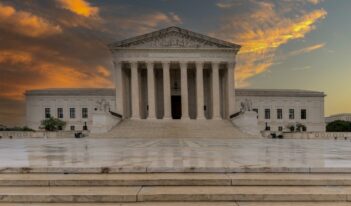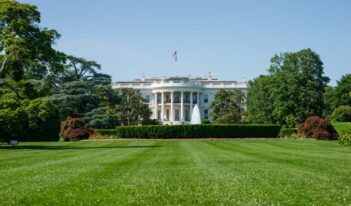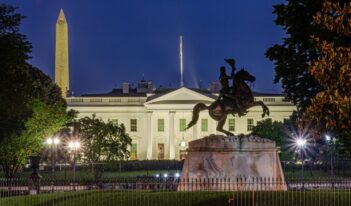High Minimum Fines in China Undermine Administrative Discretion
China’s minimum fines foster uniform penalties across infractions and prevent leniency for minor violations.
The Antitrust Guarantee
The Guarantee Clause is an untapped means of protecting Americans from anti-republican corporate behavior.
“When You Ride a Bicycle”
The bicycle was my father’s vehicle of choice and a metaphor for how he chose to live his life.
SBTi, Climate Pledges, and Share Prices
Corporate emissions pledges do not affect stock price, but policymakers could offer non-economic incentives.
Revealing the Submerged Administrative State
The hidden nature of the administrative state contributes to misperceptions of important government policies.
Commemorating Howard Kunreuther
The passing of Penn’s pioneering behavioral economist and risk expert prompts tributes from those whose lives and work he touched.
Regulating Agricultural Water Quality
Contaminated agricultural water is a well-known root cause of foodborne illness that regulators have struggled to address.
Supreme Court Should Not Review Phony Separation of Powers Case
The petitioners in Consumers’ Research v. CPSC lack standing to challenge the Commission’s removal protection.
The U.N.’s Women Peace and Security Agenda After Twenty-Five Years
Future peace-building efforts should reflect evolving technology and its impact on women.
The Supreme Court’s 2023-2024 Regulatory Term
Scholars and practitioners assess the Court’s most significant regulatory decisions of its recently concluded term.
The King (Presumptively) May Do No Wrong
In Trump v. United States, the Supreme Court has expanded executive power and elevated the President above the law.
The Supreme Court as Enabler in Chief
The Supreme Court’s recent decision on presidential immunity threatens the survival of the American Republic.












